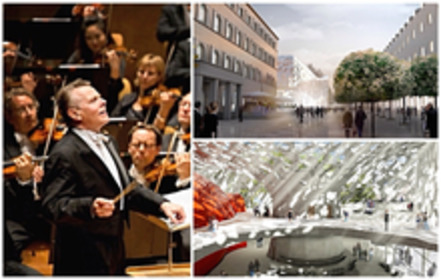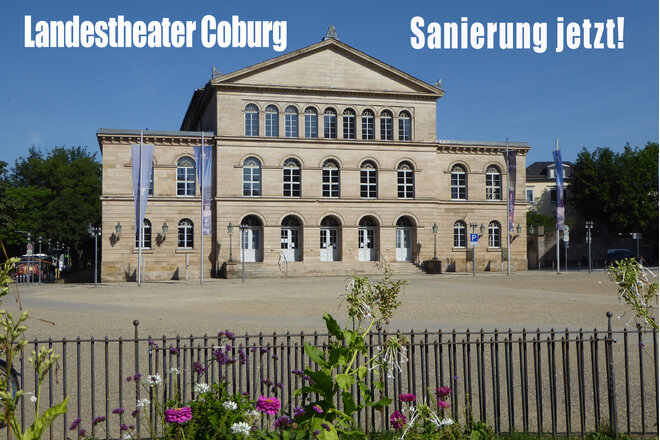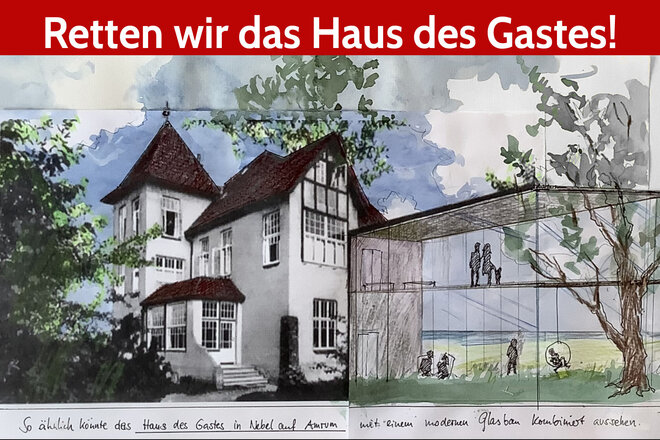05.02.2015, 15:40
The debate about a new concert hall for Munich, the wealthy and culturally rich capital of Bavaria, has been going on for at least a decade. At its center is the seemingly untenable situation that a city featuring five symphonic orchestras, three of which are world class (or nearly so, not counting the superb chamber orchestra) has zero suitable, acoustically decent halls.
Moreover, the unquestionably best of its orchestras, the Bavarian Radio Symphony Orchestra (BRSO)—led by elite conductor Mariss Jansons, does not have a hall of its own. Currently, the BRSO splits its time between the smallish 1,200-seat Herkulessaal (restored and inaugurated only in 1953; comprehensive revamping prohibited by landmark protection laws) and the acoustically challenged, oversized 2,400-seat Philharmonic Hall at the Gasteig, an ambitious Social Democrat culture project as was typical in the ’80s.
Latvian-born Mariss Jansons is one of the most passionate supporters of the new hall. When he received the Siemens Musikpreis in 2013 he donated his prize-money, a cool quarter million Euros, to the cause of building a proper concert hall for the BRSO. His decision to focus entirely on Munich for the autumn of his career, and give up the prestigious position at the helm of the Concertgebouw Orchestra Amsterdam, might also have been interpreted that his desire, hope and confidence that a solution befitting of the orchestra and the city could still be found in his life-time, if not during his tenure. (His contract runs until 2018.)
Mariss Jansons on a new concert hall
When I spoke with him on the topic in 2009, he became animated in a way that belies the calm face he usually bears. “How important is a new hall? Well, it is really a question of ‘to be or not to be.’ I think it is ridiculous that a city with such a tradition, such possibilities, such culture quality doesn’t have one—I’m talking not perhaps even about a very good hall, but not even one good hall. All the other halls, well, you can’t speak about it at all: At the Gasteig, the acoustic is terrible. Players can’t hear each other; the woodwinds don’t hear the soloists who play up front. The Herkulessaal is very old. It looks ugly and the sound’s not bad, but only with very limited repertoire. Everything else—chamber orchestra and so on or really big symphonies—is impossible. There’s no proper hall at all. And I think it would be crucial for Bavaria, for Munich. How long can one go on like this? And certainly the orchestra needs somewhere where we feel this is our concert hall, our home; a place where we can leave our instruments, our tails, everything.”
He went on to compare the situation of the BRSO to not having an apartment, always crashing with different buddies. “This evening you stay with this friend, tomorrow with another—and you don’t know in advance if that friend’s mother or his wife might be coming. You can’t plan anything. It’s ridiculous how we live…. For such a world class orchestra to have such conditions is ridiculous. Perhaps you read that Gramophone rating?” (In 2008, the Gramophone Magazine asked a panel of 11 renowned music critics to assemble a top 20 of orchestras, world-wide. Mariss Jansons’ Concertgebouw and BRSO came in 1st and 6th, respectively.) “I’m not speaking about the rating per se. But all 20 orchestras that have been mentioned in this rating have their own hall. Only one orchestra doesn’t—and that’s our orchestra. Is this not terrible?”
All year one wonders what 10 recordings really deserve to be included in such a list, and wonders if any potential inclusions might not be a stretch. Then, in the last few weeks, suddenly a slew of recordings, late discoveries that might have been lying about for months or weeks, force themselves upon the ears and one could easily extend the list to 20. On the ionarts website I just cheated by creating an “Almost List.” Here I will ostentatiously lament that there was no room to include Thomas Fey’s latest Haydn (Hänssler Classic), who continues his spark-plug cycle of all the Symphonies. Nor pianist Ivan Ilić’s The Transcendentalist (Heresy Records), a mesmerizing mix of beguiling Alexander Scriabin, John Cage and Morton Feldman. Nor the Chorus sine nomine’s new take on Allegri’s Miserere (Gramola), in which composer Vladimir Ivanoff and improvising saxophonist Michael Krenn allow the familiar music to arise in a new aural guise—recorded in Vienna’s Otto Wagner church with near eight seconds of reverb which become an integral part of the composition. Or the rocking Le nozze di Figaro of Theodor Currentzis’ (Sony ) which rings in something of a new Mozart opera-recording age much as René Jacobs did (and still does) with his recordings of the Mozart operas. Or Ralph van Raat’s new recording that shows why Frederic Rzewski remains one of the most important living composers for piano (Naxos).
And then there’s something that has only just hit my desk and struck me so hard, I was about to topp



